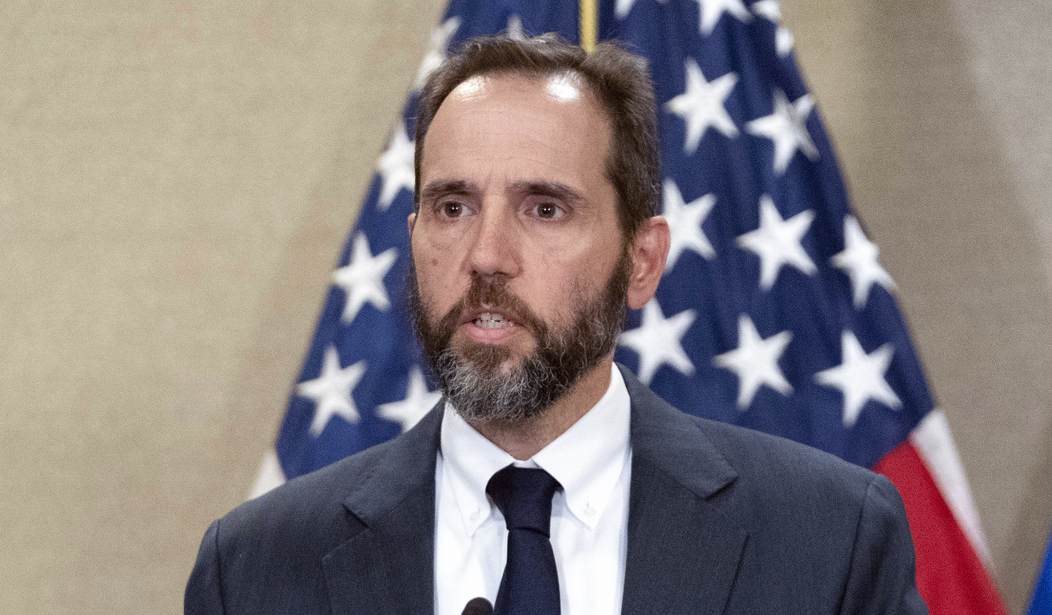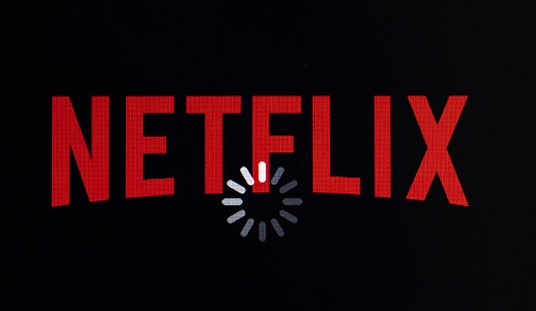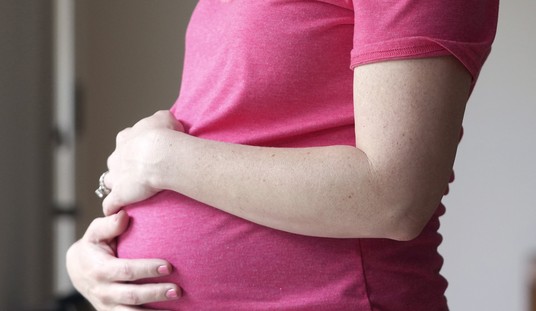Two legal cases involving January 6 and Donald Trump collided today, and the result is that the March 4, 2024, trial date in the criminal matter filed against him in the District of Columbia has now been stayed pending the resolution of one or more cases likely to be heard by the Supreme Court of the United States in the spring of 2024.
READ MORE: Chutkan Presses Pause: Trump Federal Election Case Stayed Pending Appeal
As RedState reported, Wednesday morning the Supreme Court issued an order stating that it would take up an appeal from a January 6 prosecution involving the Department of Justice’s use of an obstruction statute in charging protesters with “corruptly obstructing an official proceeding” under 18 U.S.C. Section 1512(c). Two of the four counts in the indictment filed against Trump are based on Section 1512, and if the Supreme Court finds in favor of the defendant in United States v. Fischer, that will likely result in the dismissal of those counts.
The Fischer case was decided in the appeals court in April of this year, and the paperwork seeking Supreme Court review – a Petition for Writ of Certiorari – was filed at the end of the summer. Attorneys for J6 defendants – yours truly included – have been fighting against the DOJ’s use of this statute from the very start. For most of the past 18 months, defense counsel in J6 cases have known motions to dismiss were “dead” – every judge but one has denied them – so the only hope was in the appellate process. The Circuit Court ruled in favor of the DOJ back in April – again, not surprising – but there has been long been a hope among counsel that the issue would get the attention of the Supreme Court because an expansive DOJ had applied a charge titled “obstructing an official proceeding.”
READ MORE: SCOTUS Takes Up Obstruction Charge Appeal for J6 Defendant - Could Be Huge for Trump and Others
The remaining two counts have other legal infirmities that will come into focus later. But the Government – and Trump-hating pundits and members of the press – has relied on the near-uniform view of the district court judges in Washington D.C. that the Section 1512 counts would survive for trial. More importantly, they are convinced a D.C. jury would convict Trump, just as D.C. juries have convicted every protester who has put his or her fate in the hands of D.C. jurors.
The second appeal is one involving Trump’s case. Earlier this month the judge in the case, Judge Tanya Chutkan, denied a Motion to Dismiss filed by the former President based on a claim of absolute immunity for official acts taken while in office. That outcome was not surprising in the least, but what is surprising is that it took nearly two months for the decision to be made, and it was made without the benefit of any oral argument on the motion.
President Trump filed a Notice of Appeal on this issue – not something normally allowed in a criminal case before trial, but a question of immunity is one that can go to the appellate court in this fashion.
Realizing that such a trip to the appellate court would very likely prevent the case from going to trial in 82 days (2024 being a Leap Year) as scheduled, Special Counsel Jack Smith filed a Request for Certiorari Before Judgment. This is a request to SCOTUS – which it can turn down – to have a matter heard without waiting for the matter to first be decided by the appellate court. This is a rare maneuver but likely appropriate in this case, and one that the Court was likely to accept. That’s because the outcome in the Appellate Court would have been meaningless – whichever side lost was certain to appeal to the Supreme Court anyway. Why go through the process and further delay the trial?
The Supreme Court gave hope to the Smith SCO fans when it issued an order Monday directing Trump’s legal team to respond to the suggestion to have the case proceed under the Petition for Certiorari Before Judgment process. They were given until December 20 to file a response. If granted, the Smith SCO would have certainly asked for an expedited schedule in order to have the Supreme Court decide the immunity issue as quickly as possible – with a pipe dream that it might be quick enough to still have the trial begin on March 4.
But this fantasy was always based on the belief by Trump’s opponents that the idea he might be immune from criminal prosecution is ridiculous and has no chance of prevailing. The faster it can be dispensed with, the faster Trump can be convicted and put behind bars. They are confident a D.C. jury will convict him of whatever charge they can manage to get through a trial process.
But placing the immunity issue under consideration – while the appeal filed by Trump in the D.C. Circuit remains pending – triggered a jurisdictional dilemma for the trial court judge. There is Supreme Court case law that says once an issue is appealed out of the district court and to an appellate court the district court loses jurisdiction over that issue and cannot order the defendant to undergo any prejudicial action – including a trial or any pretrial matters such as discovery or motions. The Trump legal team notified Chutkan when it filed the Notice of Appeal that it was invoking that doctrine and that it would not comply with further filing deadlines under the Court’s Scheduling Order.
Chutkan ordered immediate briefing by both sides on the issue.
Just hours after the Supreme Court announced that it would hear the Fischer case on the Section 1512 charge, Chutkan announced that she agreed with the analysis of Trump’s attorneys – the appeal of the immunity issue and the Request for Certiorari Before Judgment from the Supreme Court worked to strip her of jurisdiction over the case while the appeal remains pending and issued the order staying the trial date and the pretrial filing deadlines.
These are not accidental or coincidental happenings. When four Justices of the United States Supreme Court voted to hear the Section 1512 case, they knew that would eliminate the need for an expedited briefing on Trump’s immunity appeal. Because the Fischer case would move at the normal speed through the Supreme Court’s briefing, argument, and decision process, the immunity appeal could do the same. With two of the four charges against Trump being based on the Section 1512 statute the Supreme Court is going to review, the D.C. case could not proceed to trial while the Fischer case is under review.
With that writing on the wall, Chutkan knew her case could likely not start on March 4 as planned because the Fischer case would not be decided by March 4. As a result, the pace of the immunity appeal is now irrelevant. The Supreme Court does not need to grant or deny an expedited process on the immunity case, as the Trump trial cannot start with the Fischer appeal pending. Chutkan realized that only a few hours after the Supreme Court’s announcement. She knew the March 4 date was dead, and she knew she lacked jurisdiction over the case while the immunity claim was pending before the Supreme Court.
By late afternoon, Chutkan issued an Order staying further proceedings in the case – but in a show of her authority, she kept the gag order in place.
I expect Trump’s legal team might decide to file a certiorari petition on that matter as well, thereby divesting her of jurisdiction over enforcing that order as well.














Join the conversation as a VIP Member